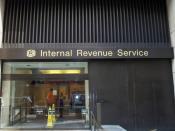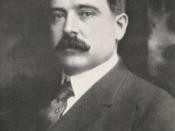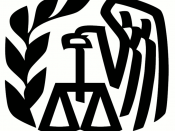Introduction
"Employers want to be sure their employees are doing a good job, but employees don't want their every sneeze or trip to the water cooler logged. That's the essential conflict of workplace monitoring" ("Employee Monitoring: Is There Privacy," 2002, para. 1).
The right to privacy is one of the foundation blocks upon which America was built, and it is echoed in the Fourth Amendment of the United States Constitution. Employee privacy is perceived to be one of the key issues in the workplace, and employers are viewed as frequently infringing upon the rights of their employees. The prevalence of employer invasions of employee privacy is not isolated to the workplace. In some instances, employers monitor the nature of co-workers' off-duty activities, and many companies routinely perform background checks.
"In O'Connor v. Ortega the United States Supreme Court held that a public employee has a reasonable expectation of privacy concerning his or her office desk and filing cabinets.
However, "a public employer may search an employee's desk or drawers either for non-investigatory work-related purposes or for investigations of work-related conduct, so long as the search is conducted in a reasonable manner" (Anton and Ward, 1998, p. 898, para. 4).
This means that suspicious activities, real or imagined in the eyes of the employer, are areas, which will enable employee's privacy rights to be infringed upon. The United States of America was founded on one fundamental tenet; freedom for the individual. One of the perquisites these freedoms afford American society is privacy. Most persons believe this privacy extends to our place of employment: the computer we use, the telephone calls we make, and the e-mail we send. In the United States, our privacy ends when we enter our place of employment, whether it is the physical space or...


